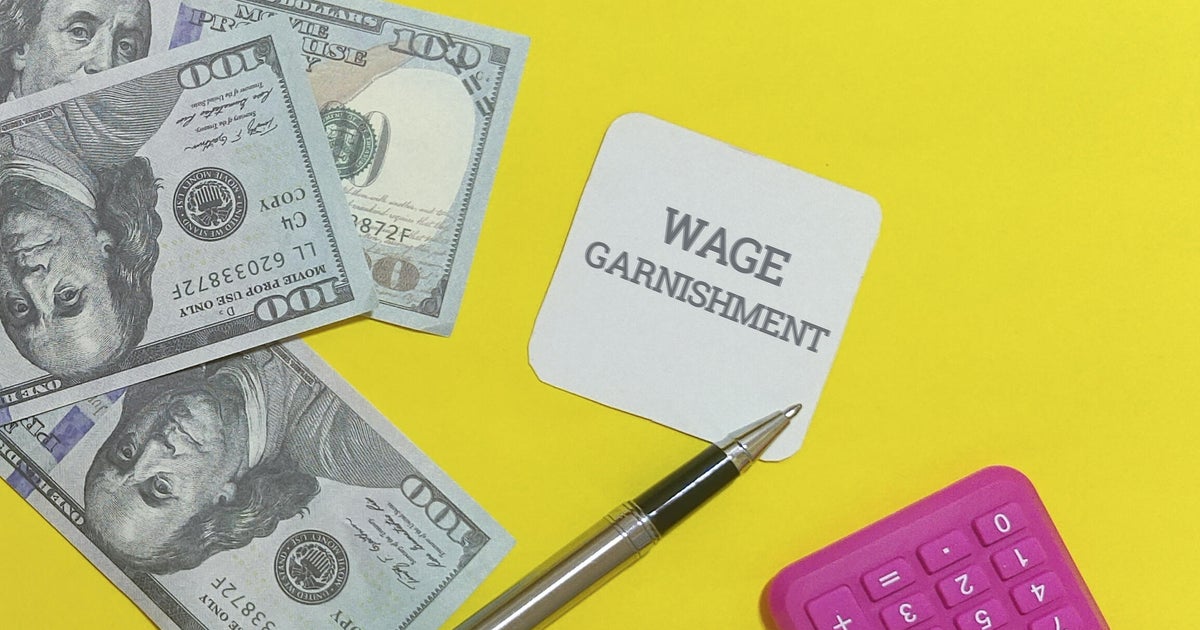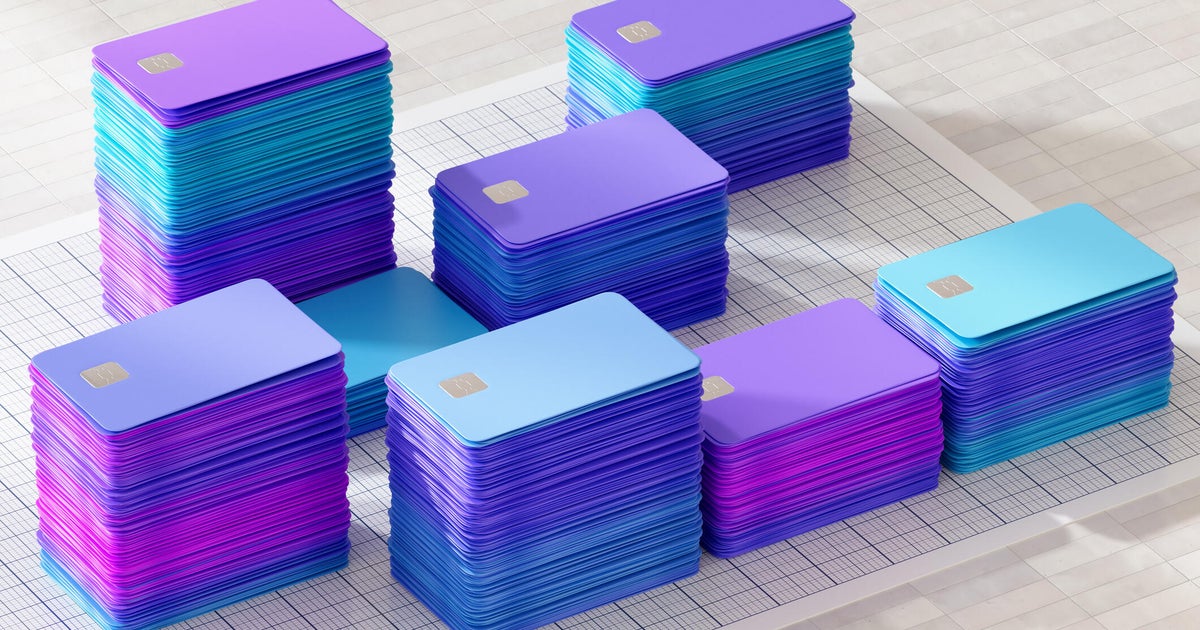Still don't have a stimulus check? Here's how to track yours.
While major banks in the U.S. started delivering $1,400 stimulus checks in March, the federal relief payments continue to arrive at millions of households struggling to make ends meet amid the coronavirus-hobbled economy.
The Internal Revenue Service has delivered more than 165 million payments, with a total value of approximately $388 billion, the agency said Wednesday. The latest round includes 1 million payments, with the IRS noting they have an official payment date of May 12. That means the most recent recipients will receive a direct deposit on Wednesday, or soon get a paper check or pre-paid debit card in the mail.
The timing and delivery of checks has been a cause of anxiety for some people, especially for those who receive government benefits such as Social Security and don't typically file taxes. The IRS prioritized sending checks to people who have already filed their 2019 or 2020 tax returns, since the agency was able to quickly verify eligibility based on income and also determine where to mail or direct deposit the checks.
Following that initial distribution of checks, the IRS vetted payment data for government benefit recipients, with recipients of Social Security benefits among those still receiving their checks. On Wednesday, the IRS said the payments arriving this week include more than 460,000 "plus-up" payments for people who were owed more stimulus funds than they initially received.
The agency said it's sending another 500,000 payments to eligible people who recently filed a tax return but for whom it didn't previously have information to issue a stimulus check.
About half of the newly issued checks were sent via direct deposit, with the other half sent through the mail via paper checks or pre-paid debit cards, the IRS said.
Fourth stimulus check?
Some lawmakers are pushing for a fourth round of payments even as the IRS continues to distribute the third stimulus checks. One year after the pandemic shut down the U.S. economy, millions of people continue to experience financial hardship. About 38% of people said their household income remains impacted by the crisis, according to a study from TransUnion, a financial services firm.
That represents a significant decline from a year earlier, when about 6 in 10 people said their household income had taken a hit, but it continues to show the ongoing struggles facing many Americans, said Charlie Wise, head of global research and consulting at TransUnion.
"It's material improvement, but it indicates over one-third of consumers are continuing to feel some sort of financial impact," Wise told CBS MoneyWatch. "That's a big deal."
To be sure, not everyone who is in line to receive a stimulus check has suffered income or job loss, with about 4 in 10 people telling TransUnion that their income didn't change during the pandemic. They'll likely either build their personal savings or spend the money, stimulating the broader U.S. economy.
Here's what you need to know about tracking your check.
Can I track my payment?
The IRS reopened its "Get My Payment" website following the passage of the American Rescue Plan, allowing people to track when they might receive their stimulus checks. The IRS created this portal last year for the $1,200 stimulus checks directed by the Coronavirus Aid, Relief and Economic Security, or CARES, Act.
When people check the "Get My Payment" site for the new $1,400 checks, they typically see one of several messages.
First, some people will see that their payment has been processed, along with a payment date and whether the payment will be sent via direct deposit or mail. If a check is sent by mail, the IRS will either send a paper check or a pre-paid debit card.
Others may see a message that they are eligible, but their payment hasn't been processed and therefore there's no payment date available.
"Payment Status Not Available": Huh?
Another group of people may receive a message that reads "Payment Status Not Available." That message can mean a couple of things, the IRS said. It may indicate that the tax agency either hasn't processed your payment or those people aren't eligible for payment, it noted.
What does "need more information" mean?
Others may see a "need more information" message, which the tax agency said means the payment was returned to the IRS because the U.S. Postal Service wasn't able to deliver the check. In that case, people can use the "Get My Payment" site to provide the IRS with bank information — but the tax agency said that only people who get the "need more information" message will be able to add their bank information to the portal.
Why can't I get on the "Get My Payment" site?
The IRS said this can happen if people don't provide security answers that match the tax agency's information over the course of several attempts to log in. The IRS asks for personal information such as a Social Security number, birthdate and address.
"If you can't verify your identity, you won't be able to use Get My Payment," the IRS said. "Don't contact the IRS for assistance with a lockout; IRS assisters can't unlock your account."
However, the site will allow you to try again after 24 hours.
My address changed — how can I tell the IRS?
Many people moved in 2020, which means if you are one of those expecting a mailed check or pre-paid debit card, you may be concerned about the payment reaching you.
Unfortunately, the IRS' "Get My Payment" site doesn't allow people to update their addresses. Instead, the IRS is urging people to file their 2020 tax returns with their current address.
However, given that the deadline for filing 2020 tax returns has been pushed back to May 17 from its typical April 15 cutoff, there are likely millions of people who haven't yet filed their tax forms and aren't likely to do so before the IRS distributes most of its checks.
The IRS said that payments that can't be delivered to eligible people will be returned to the tax agency. If that happens, the IRS' "Get My Payment" site will show you a "Need More Information" message, which will then allow you to enter direct deposit information or ask for the stimulus check to be delivered on a pre-paid debit card.
Will the IRS reload a prior pre-paid debit card?
Some people who received one or both of their first two stimulus payments on a pre-paid debit card may wonder if the IRS will reload that card with the $1,400 for the latest round of payments. The answer is no, the IRS says.
If the IRS now has bank account information for you, it will send the money via direct deposit. If not, it will either issue a check or a pre-paid debit card, but the latter will come in the form of a new card, the tax agency said.
People should look for a white envelope with the return address "Economic Impact Payment Card" accompanied by a U.S. Treasury Department seal. The card says "Visa" on the front, and the issuing bank, MetaBank, on the back.
What if the IRS has the wrong bank account?
Unfortunately, the IRS says you can't change the bank account it has on file for you — unless you get the "Need More Information" message. The IRS is initially relying on bank account information that people gave it through a variety of ways: their 2020 tax return, their 2019 tax return if their 2020 return isn't yet filed, information you gave the IRS on the "Get My Payment" site last year or information you entered through the "Non-filer" portal last year.
It will also tap federal agencies such as the Social Security Administration or Veteran Affairs to get bank account information for people who receive benefits through those agencies.
So what happens if your bank account changed since you provided that information to the IRS? The bad news is you may have a delay in getting your funds — but you will eventually get them, the IRS insists. The agency said payments that are sent to accounts that have been closed will be returned to the tax agency. At that point, the IRS will send a payment through paper check or pre-paid debit card to your mailing address.
What if I didn't get the right amount?
Some people may get their checks quickly, yet discover the payment amount is incorrect — that could be due to their dependents or changes in income.
The law provides $1,400 per adult and dependent, as long as the household income falls below the income threshold for eligibility. In the current bill, single people whose adjusted gross income was below $75,000 and married couples with income below $150,000 will receive their full payments, as well as their dependents. Payments decline for earnings above that, cutting off entirely for single people earning $80,000 and $160,000 for married couples.
But some people may not get the right amount, especially if they haven't yet filed their 2020 tax returns, given that the IRS extended the tax deadline until May 17. For instance, if a family had a baby last year but hasn't yet filed their 2020 returns, the IRS would base their payments on their 2019 returns — which wouldn't include their new baby. In that case, the family would receive $2,800 for themselves, but not the extra $1,400 for their child.
The IRS said people who are paid less than they should receive due to changes in their tax situation in 2020 will eventually receive the extra money — in fact, many have automatically started to receive the money in "plus-up" payments, the IRS has said. When they file their 2020 tax return, the IRS will check if they are owed more, such as in the case of a baby born last year. If that happens, the IRS will automatically issue the additional $1,400 check to the family, officials said.
For instance, the most recent batch of checks issued this week include "plus-up" payments for people who received checks based on their 2019 tax returns but who have since filed their 2020 tax returns and are owed more. The agency said such extra payments could reflect a loss of income in 2020, which could entitle the tax filers to more stimulus money, or if they had a child last year.



